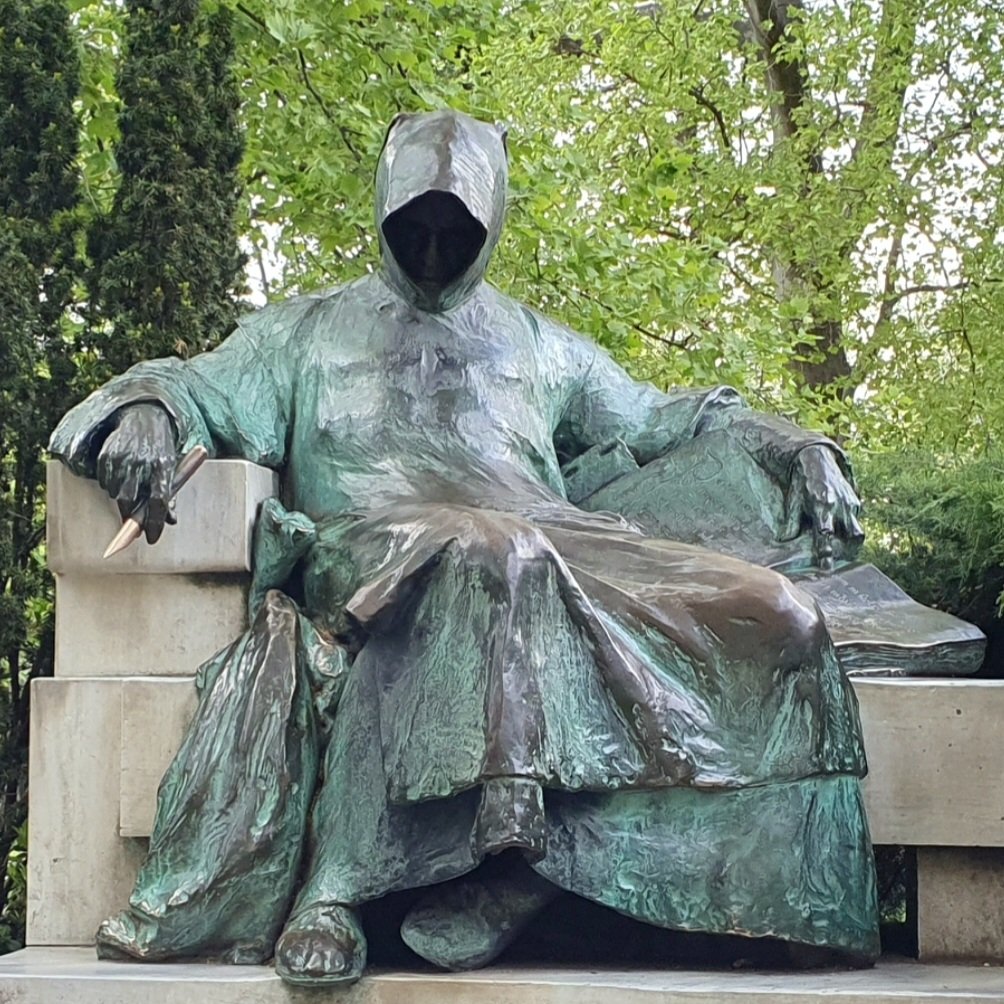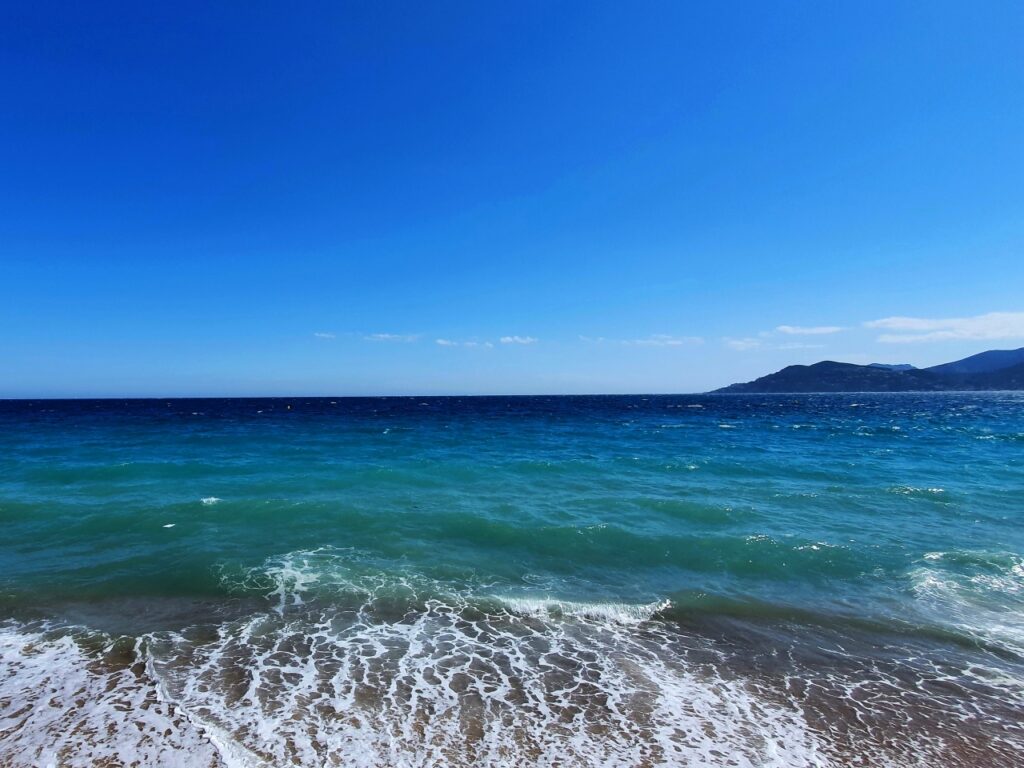The anxious is struggling with the burden of existence. The depressive with the unfulfilled desires. The psychopath with the value and the justifications for his actions… or the others’ actions and motives. And the psychotic with the meaning, with the purpose, with the “why?”.
Psychotics are philosophical; they ask deep questions and then struggle with answers they will never get.
Why are you here? You don’t know. Who or what brought you here? You don’t really know, although you can imagine or believe an answer. What are you supposed to do? The best answer is the one that you must choose what you would like to do, given the limitations you have, given the desires you still have, given your personal history and the start in life you’ve been given. You have the freedom. You must choose.
But… are you really free? And to what degree?
The foundation of life lies on an obvious lack of freedom; you didn’t choose to be born, you were brought by force into this world, you were given a brain and a consciousness that enables you to reflect back to you and to your life and understand, for instance, that you were not at the origin of the choice to be alive. Life has happened to you, perhaps despite you. Is it a punishment then? Is it a gift then? Is it a miracle, a mission? Is it a curse? You are forced to decide your fundamental position regarding your life and, by doing so, you are also lacking freedom: you cannot choose not to make a choice regarding life’s value and purpose. Freedom is forced upon you at birth, hence constituting an existential burden; paradoxically, you are forced to be free.
Somewhere deep inside you, you make a dark choice every day, a choice you might not be aware you’re doing all the time, every freaking moment of your life. You choose to continue a life that was imposed on you, you continue to bear the burden of freedom while not being free at all. At any moment of your life you make the choice not to commit suicide. Moment by moment, you are forced to re-decide that you are going to continue this life, despite the lack of freedom. In final analysis, the only true freedom you have is to say “No”, for now, to death by suicide. And the “why” for not killing yourself is very personal for each of us… and often unconscious… or completely irrational.
What are you going to do with all this time, this existential time? What are you going to do, really? Most of us look at our parents for answers. Or embrace an ideology, a religion, a group belief, the behavior of a role model, we do what “celebrities” or “famous people” do. It is simply too difficult – or too depressing – or too overwhelming – to live one’s own life in one’s own original way. What if we do it wrongly? What if we live or lives incorrectly? What if we fail, by choosing to live our own lives in an excessively eccentric way that defies the commonly accepted norms? What if we’re rejected from the group – from the family – from our own nation – for not conforming to what is held as an undisputable truth? What if we’re repudiated by our own parents for our lack of obedience or loyalty?
What if we must pay the price for our freedom with our utter loneliness?
Is it a price worth paying? And what is that worth?
Is our freedom available for… negotiation? How much are we willing to lose so as to cling to a freedom that we fundamentally lack in the first place?
At my present level of understanding, freedom is an important part of one’s identity. It is important to have the option to say “No”, even if, for various reasons, one may choose not to use that option. It may be so, in my case, because I was born in a world that had little to no freedom, or in personal circumstances in which my own will didn’t matter too much. It is important for me to know that, despite not having the freedom to choose to be born into this world, I do hold, at every freaking moment, the freedom and the power – or the control – to commit suicide and stop this life immediately. Whether I choose to do it or not, and for what reasons, that’s a completely different story. But deciding, moment by moment, fundamentally, to go on with this life, that’s a freedom – and an illusory power – I greatly enjoy. Why illusory power? Because life can make it in such a way that even this power can be taken from someone; a terminally ill patient who cannot access euthanasia is a good example.
In the end, the “psychotic in us”, keeps asking the same question: what is the purpose of this life, what should I do, is it meaningful?
I don’t know if it’s meaningful, I don’t know what we should be doing, but perhaps we should be doing… what everyone else is doing… while retaining our freedom to do the contrary – or the different – at every freaking moment. However, I think it should be fun. Why so serious?, anyway… I think we should derive some pleasure from what we’re doing (or living), regardless of it being meaningful or not. We didn’t ask for this life and therefore we’re not responsible and we don’t need to justify our choices or deeds.
But at least, since we’re here, and since we’re relatively free, we can choose to have fun, in our own peculiar (un)conventional way.



